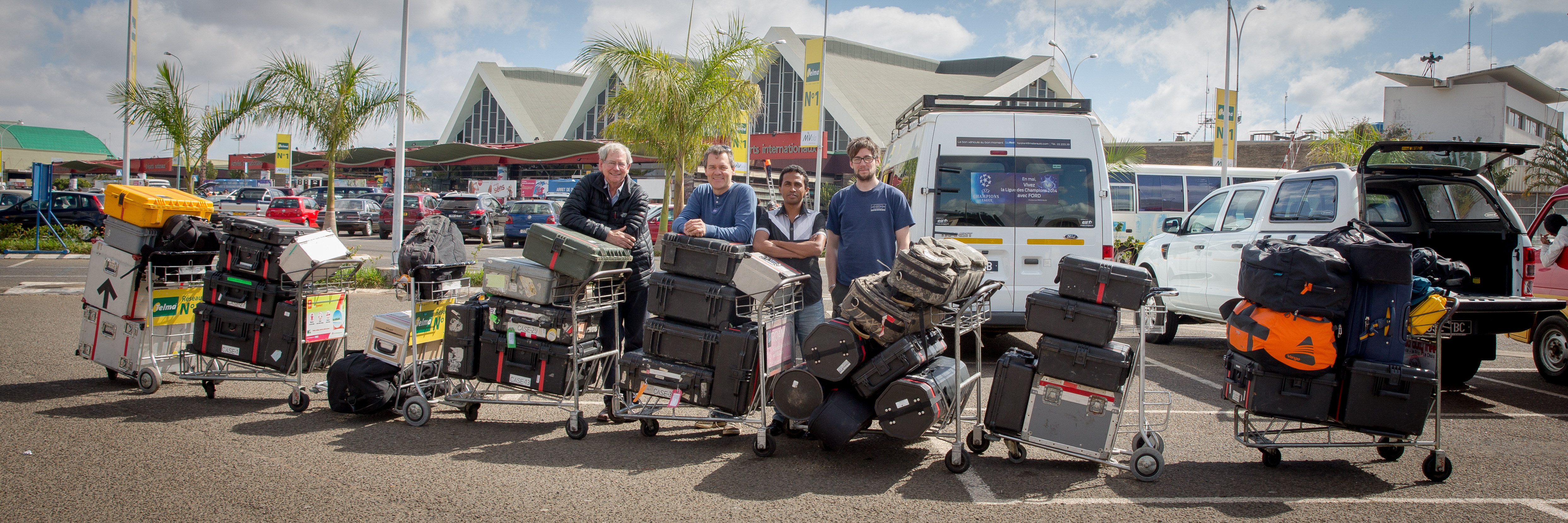
Expedition medicine sounds glamorous: jungles, mountains, desert crossings, helicopter rescues, the occasional snakebite story that makes you look like Indiana Jones at parties. But here’s the truth — most expeditions succeed or fail long before you sling on a backpack or check your med kit.
Pre-expedition planning isn’t optional admin. It’s survival. It’s your chance to make sure your “epic adventure” doesn’t turn into “a very expensive, very muddy disaster.”
So, let’s talk about how to get it right.
Why Bother With Preparation?
Picture two expeditions.
– In one, the medic (you) has the right gear, knows the local hazards, has screened participants properly, and has a plan for evacuation if things go sideways.
– In the other, someone forgot to pack the antimalarials, the stretcher is two poles and a wet tarp, and the “nearest hospital” turns out to be three bus rides away and closed on Sundays.
The difference? Preparation.
A simple mental checklist helps: Who, what, where, when, why, how — and what if?
– Who are the participants? Ages, health, fitness, pre-existing conditions.
– What’s the environment? Altitude, snakes, scorpions, freezing rivers?
– Where is the nearest real healthcare facility — and how do you get there when the road washes out?
– What if your only radio dies, or the medic (again, you) goes down with food poisoning?
If you can’t answer those questions, you’re not ready.

Are You Right for the Expedition?
One of the hardest truths: not every medic is right for every trip.
Jungle expeditions, for example, are not a good place to cut your teeth — unless you fancy learning about venomous pit vipers, flesh-eating fungi, and parasites the hard way. Start smaller. Build up experience.
British Standard BS 8848 is a great framework here. It outlines how expeditions should be structured, from leadership to safety planning. The Faculty of Pre-Hospital Care Wilderness Guidelines take it further, offering a skills competency framework to help you work out if your knowledge actually matches the risks.
Self-awareness matters. The weakest link can’t be the medic.
Medical Screening: Not Just Paperwork
Medical screening isn’t a tick-box exercise — it’s detective work.
Those forms participants fill out? Assume at least half the answers are incomplete, vague, or downright misleading. (“Of course I don’t have asthma” — says the guy wheezing halfway up Kilimanjaro.)
Your job is to:
– Read them critically.
– Ask follow-up questions.
– Keep both digital and paper copies with you.
It’s time-consuming, sometimes awkward, and legally tricky — but skipping it means carrying preventable risk into the field.
Flora, Fauna, and All the Things That Want to Kill You
Preparation isn’t just about the humans.
Every environment has its hazards:
– Snakes in South America (angrier than your consultant after a night shift).
– Trees that make your skin feel like it’s on fire when wet (Merry Christmas).
– Adorable-looking animals that rot your flesh away if you touch them.
The moral? Do your homework. Talk to locals. Look, don’t touch.
Healthcare Systems: Not All ITUs Are Equal
An intensive care unit in Nairobi is not an intensive care unit in London.
When planning, find out:
– What facilities exist, and when are they open?
– Do they have labs, imaging, or trauma care?
– How long will it really take to get there in bad weather?
And remember: distance ≠ time. A hospital 20 miles away in the UK is 30 minutes. In the Amazon, it’s three days by dugout canoe.
Risk Assessments: The Boring Bit That Saves Lives
Risk assessments get a bad rap. Yes, they’re tedious. Yes, they involve colour-coding matrices. But they’re the difference between chaos and control.
Think of risk in three parts:
1. What could happen? (snakebite, altitude illness, leech-on-eyeball…)
2. Preventative measures (boots, acclimatisation, don’t lick the local wildlife).
3. Response measures (antivenom, descent plan, spare antihistamines).
Keep it simple. Review daily. Adjust dynamically. And don’t forget the weird ones — dental emergencies and dodgy road traffic cause more evacuations than crocodiles.
Who’s Got Your Back?
Even the best expedition medics need “top cover.” If you’re not a consultant, get senior medical support you can call. Whether that’s another medic in-country, a faculty colleague on standby, or a commercial provider like Pharos Response, it could be the safety net that saves a life (maybe even yours).
Go Forth, But Plan First
Expedition medicine is exhilarating, humbling, and career-defining. But it’s not about heroics. It’s about boring preparation done brilliantly.
Gather information. Screen your team. Understand the risks. Know the system. Have a plan B (and C).
Do it right, and you’ll be the calm medic in the jungle, dealing with a blister while your team enjoys the adventure. Do it wrong, and you’ll be the frazzled figure with a broken stretcher, a missing radio, and a very long night ahead.
Useful Resources
– Faculty of Pre-Hospital Care: Guidance for Medical Provision for Wilderness Medicine
– BS 8848 Summary (UK Standards for Expeditions)
– Travel Health Pro – vaccination and travel medicine advice
– ProMED-mail – outbreak and infectious disease alerts
– UK FCDO Travel Advice – country risk updates
– Wilderness Medical Society


